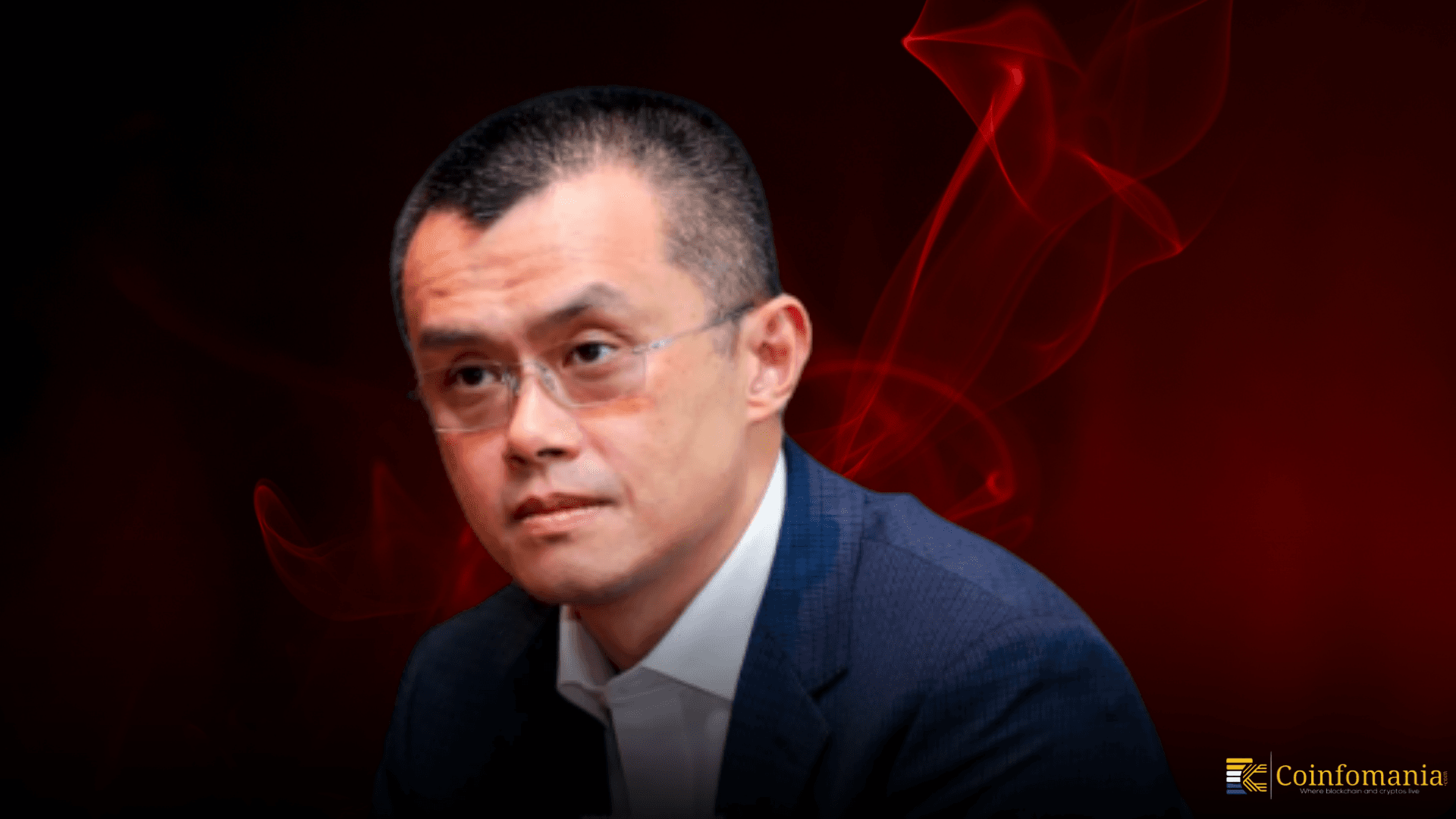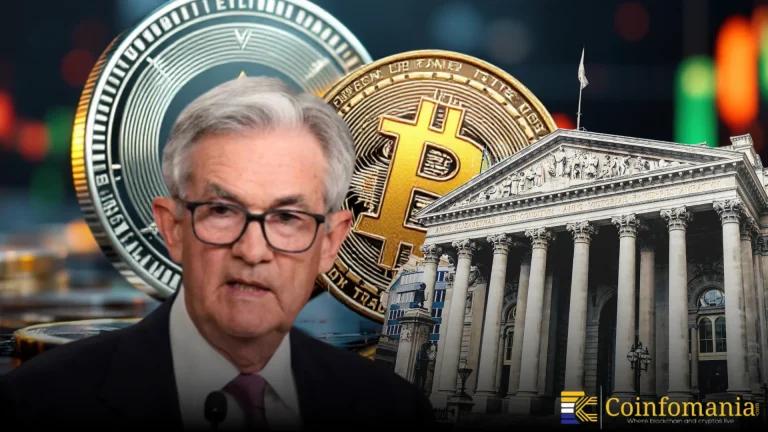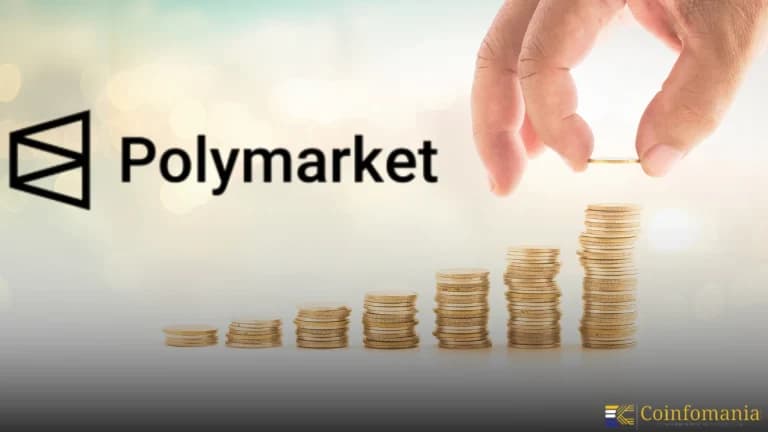CZ Denies WSJ Allegations of Acting as ‘Fixer’ for Trump’s Crypto Venture
Changpeng Zhao denies WSJ claims linking him to Trump-backed crypto deals, calling the report inaccurate and politically biased.

Quick Take
Summary is AI generated, newsroom reviewed.
Changpeng Zhao denies acting as a "fixer" for Trump-linked crypto firm World Liberty Financial.
WSJ claims Zhao facilitated meetings between WLF and foreign officials, which he calls "unfounded."
Zhao criticizes WSJ for using biased reporting tactics and spreading misinformation.
On May 23, Changpeng Zhao, former CEO and co-founder of Binance, publicly denied allegations published by The Wall Street Journal. WSJ published a report alleging that he acted as a “fixer” for a Trump-affiliated crypto venture. Additionally, WSJ reported that Zhao facilitated introductions and meetings between foreign officials and World Liberty Financial (WLF). Responding to the claims, Zhao posted a detailed rebuttal on X, stating: “I am not a fixer for anyone. I did NOT connect Mr. Saqib with the WLF team.” He added that he met Saqib for the first time during his visit to Pakistan and denied making any introductions for WLF’s foreign engagements.
WSJ’s Claims and Context
According to WSJ, CZ helped to support WLF’s meetings with government officials in countries like Pakistan, Malaysia, and Kyrgyzstan. The report implied that efforts may have advanced WLF’s business interests abroad. Specifically, WSJ noted that WLF signed a Memorandum of Understanding (MoU) with the Pakistani government shortly after meeting with Zhao and government officials. The article added that Zhao and WLF executive Zach Witkoff were known to be friends. WSJ’s broader investigation connected these meetings to a larger strategy involving crypto influence and political ties.
Zhao Criticizes WSJ’s Intentions
Zhao accused The Wall Street Journal of adopting biased methods in its reporting. He criticized the publication for approaching him with questions filled with “wrong and negative assumptions.” He added that his team said, “numerous inaccuracies and unfounded inferences.” Further, Zhao invoked “Cunningham’s Law” to describe WSJ’s strategy. He said, “WSJ instead of doing journalism, has pretty much resorted to Cunningham’s Law, with negative intentions.” The law suggests that posting incorrect information can prompt corrections, but Zhao argued this was being misused to push a flawed narrative. CZ also added, “There is no way to fix the inaccuracies when the entire story is made up with negative intentions.”
Trump Family’s Crypto Interests Under Scrutiny
WSJ’s reporting also shed light on the Trump family’s growing interest in crypto ventures. It detailed how Steve Witkoff, a longtime Trump ally, has focused on diplomatic efforts, while his son Zach runs WLF. The company recently launched a dollar-backed stablecoin called USD1 and secured $2 billion in funding from a UAE-based firm. USD1 is being integrated into major blockchain networks, including Binance and Tron, increasing its global reach. The articles raised concerns over potential conflicts of interest, especially regarding political influence and regulatory oversight.
Wider Concerns Over Crypto and Politics
The intersection of political alliances and private crypto ventures has alarmed lawmakers and regulators. Senator Elizabeth Warren and others have called for tighter safeguards. Critics argue that political figures leveraging diplomatic ties for private financial gain can erode public trust. The controversy comes at a time when Binance is already facing regulatory challenges in the U.S. Following a 2023 guilty plea to violating anti-money-laundering laws, Binance is negotiating with the Treasury Department. Meanwhile, a partnership with WLF could potentially aid its return to the U.S. market.
Zhao’s strong denial and criticism of WSJ’s reporting reflect ongoing tensions between global crypto leaders and U.S. regulatory forces. The matter has opened wider debates on how closely crypto businesses should align with political power. It also raises questions about what boundaries should exist to ensure fairness and transparency. Abdul Rafay Gadit, Co-founder of Zig Chain, commented on CZ’s denial of the Wall Street Journal’s allegations. He said, “About time journalism gets serious about crypto and Web3. They need to understand that it’s not 2015 anymore, where they can call everything a scam and scheme and walk away freely.” He added, “The specific event you quoted around WLF, Pakistan and PCC is the best example of how rotten these old journalist practices are.”
References
Follow us on Google News
Get the latest crypto insights and updates.


